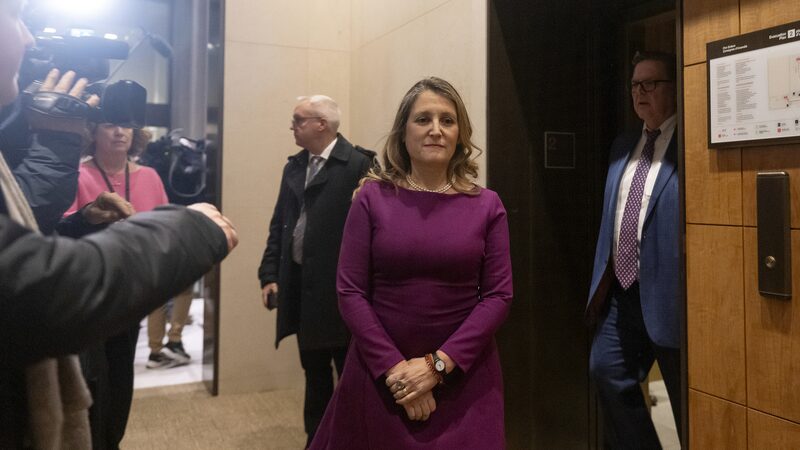Canadian Prime Minister Justin Trudeau is poised to announce his resignation this week amid growing dissent within his Liberal Party, according to a report by The Globe and Mail on Sunday.
Citing three anonymous sources familiar with the situation, the newspaper indicated that Trudeau’s announcement could come as early as Monday. The move is expected to precede a national Liberal Party caucus meeting scheduled for Wednesday.
Uncertainty remains regarding whether Trudeau will continue in an interim capacity while the Liberal Party initiates the search for new leadership. The report suggests internal pressures have escalated, prompting Trudeau to consider stepping down after nearly eight years in office.
Trudeau first came to power in 2015, leading the Liberals to victory with a promise of progressive change. He secured two additional election wins in 2019 and 2021. However, recent public opinion polls show him trailing Conservative leader Pierre Poilievre by 20 points, reflecting a significant shift in the Canadian political landscape.
Trudeau’s potential resignation marks a pivotal moment in Canadian politics, with implications that extend beyond the nation’s borders. Canada’s international relationships, particularly with Asia, have evolved under Trudeau’s leadership, encompassing trade agreements, diplomatic initiatives, and cultural exchanges.
The prospect of a leadership change raises questions about the future direction of Canada’s foreign policy and economic partnerships. Business professionals and investors are closely monitoring the situation, assessing potential impacts on markets and international trade dynamics.
Academics and political analysts are poised to examine the factors contributing to Trudeau’s decline in support, including domestic challenges and shifting public sentiments. The Asian diaspora and global observers will be watching developments closely, considering the broader implications for global affairs and Canada’s role on the world stage.
Reference(s):
cgtn.com


